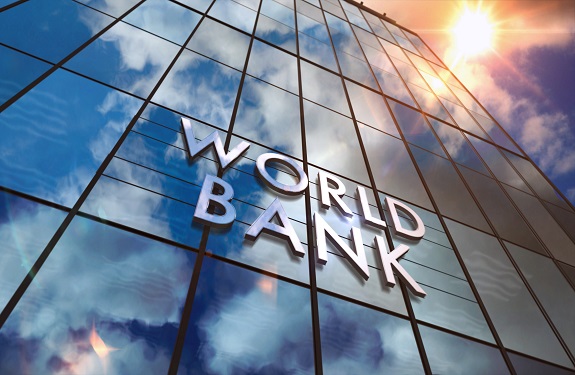The World Bank, in its latest report titled, “Global Economic Prospect: Subdued Growth, Multiple Challenges,” has predicted that Nigeria’s Gross Domestic Product will grow by 3.3% in 2024 and 3.7% in 2025.
The largest economy in Africa is expected to grow by 3.3% in 2024, according to the bank, rather than the 2.9% predicted for 2023. According to the study results, “As macro-fiscal reforms gradually bear fruit, growth in Nigeria is projected at 3.3% this year and 3.7 percent in 2025—up 0.3 and 0.6 percentage points, respectively, since June.”
“The baseline forecast implies that per capita income will reach its pre-pandemic level only in 2025.”
Since taking office, President Bola Tinubu has implemented a number of reforms, which include the elimination of fuel subsidies and efforts towards the harmonization of foreign exchange rates.
The Washington-based bank credited the growth in momentum to the present macro-fiscal reforms’ gradual realization, and predicted that commerce, services, building, and agriculture would propel the nation’s economic expansion.
The 2023 State of Global Food and Nutrition Security report states that there has been a 133% increase in food insecurity among Nigerians in just three years. Between 2020 and 2022, the number increased from 63.8 million in 2014 to 148.7 million in 2022.
“Inflation should gradually ease as the effects of last year’s exchange rate reforms and the removal of fuel subsidies fade. These structural reforms are expected to boost fiscal revenue over the forecast period,” the World Bank declared.
It stated that the disruptive currency demonetization policy—which involves replacing outdated, high-denomination naira notes—was to blame for the anticipated 2.9% softening of the Nigerian economy in 2023.
The World Bank also revealed that “growth in the region’s three largest economies—Nigeria, South Africa, and Angola—slowed to an average of 1.8% last year, holding back the region’s overall growth.
Africa’s fiscal conditions would continue to deteriorate in 2023 due to high public debt and a low domestic tax base, according to the United Nations’ “World Economic Situation and Prospects 2024” study.
“Efforts to increase in-country oil refining capacity would likely reduce domestic fuel costs in 2024 and beyond. Energy subsidy reforms in Nigeria, Angola, and Gambia, as well as tax hikes in Kenya, Ghana, and South Africa, aim to provide the government with some relief from tight fiscal spaces,” the UN stated.

